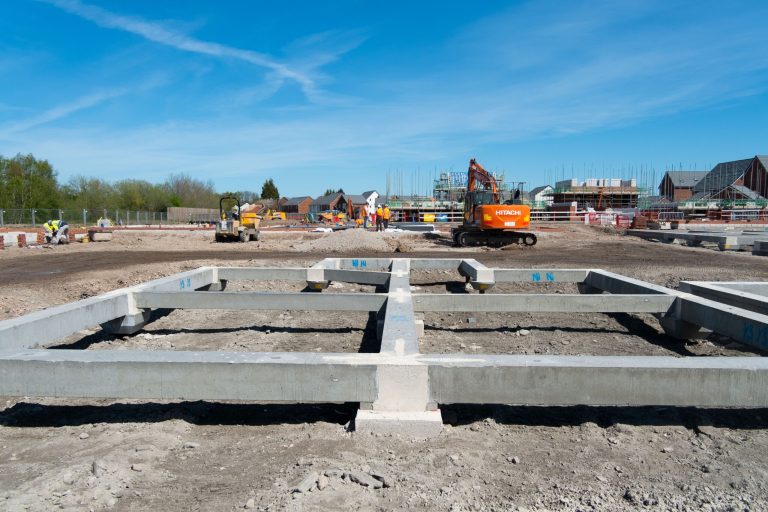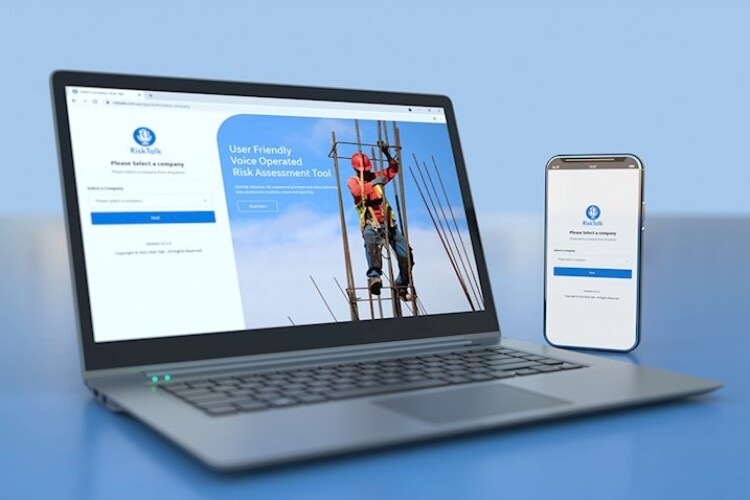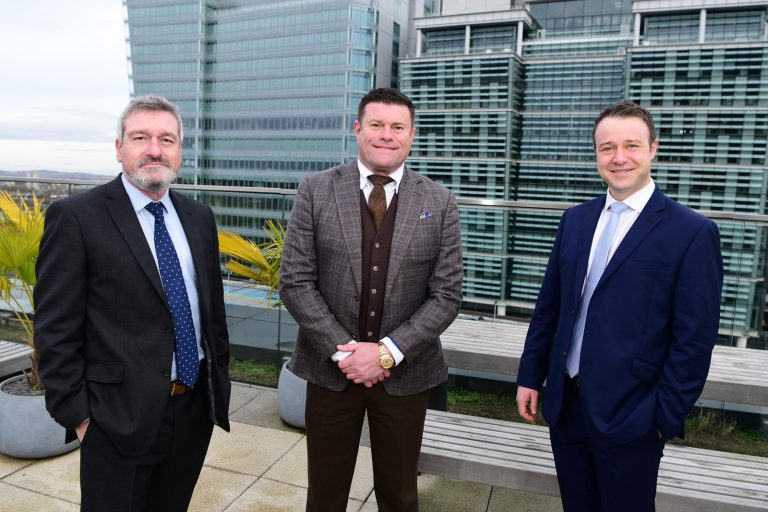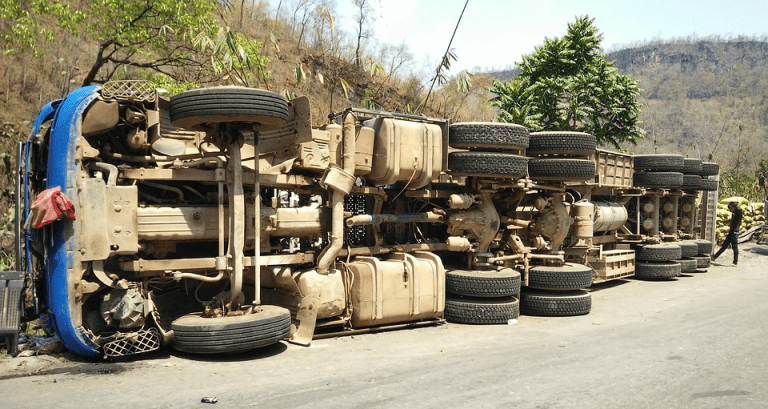Next-generation property and finance services consultancy adds specialist risk and insurance advice to its offering Cape Insurance launches as part of ARMCo group ARMCo, the specialist finance and property consultancy offering lending, corporate support, land procurement and property development, has announced a new addition to its offering with the launch of Cape Insurance – a niche risk and insurance adviser for property investors, developers and the construction sector. Cape is headed up by managing director Henry Gallacher, who brings with him a wealth of experience gained working for large global insurance brokers Willis Towers Watson, JLT and latterly Marsh for over 10 years, where he advised large corporate firms on risk and insurance before choosing to specialise in property, development and construction. Henry explained: “The property sector is vast with a variety of risks and challenges to success. Cape’s aim is to help property investors, developers, owners and managers find the opportunity in these challenges, with insurance solutions that help manage, mitigate or transfer risks, and optimise profitability. Cape has been founded at a time when many of the independent brokers in the insurance market are being acquired by larger players – creating a consolidated landscape with fewer firms and less real choice. This means we are well positioned to offer a unique service with a human touch, offering a customer-focused approach underpinned by vast knowledge and experience in these sectors. We work closely with clients to define their risk profile, and then find the optimal solution to ensure every project, transaction and deal progresses smoothly and profitably. “The pandemic has changed the way we live and will begin to change the built environment significantly. As property is likely to be re-purposed in line with this evolution – such as office space, retail property and changing residential demands – the opportunity for players in the property and construction markets is enormous. Cape is perfectly placed to enable these opportunities to be capitalised on. From financing and planning development projects through to construction, along with key landlord and investor risk considerations, we offer a broad spectrum of advice outside of the normal,” he added David Totney joins Henry at Cape as co-director, bringing with him more than 30 years’ experience gained in finance industries. Additionally, Cape has joined with the Willis Towers Watson network, giving it access to world-leading resources, knowledge and the market leverage of WTW, while maintaining the service proposition of a specialist, independent broker delivering a unique proposition for clients. Cape is part of the ARMCo group, which is head-quartered in the heart of Birmingham’s finance district, from where the firm delivers its local, regional and national offering. ARMCo founder Russell Martin commented: “We are delighted to launch Cape within our group, which significantly enhances our overall offering of synergistic property and finance services. Henry’s vast and specialist expertise is a real asset to the group, and will aid businesses coming to ARMCo for help in overcoming challenges they face today, such as access to finance, navigation of land procurement and development, and sourcing risk solutions. Our expertise across the group helps them maximise growth opportunities and have an exceptional experience, thanks to our central services approach that encompasses a human touch, passion and commitment of strong leaders and highly collaborative partnerships.” The ARMCo group comprises Finance 4 Business, Liquidity Club, Innovation 4 Business and Walker Doble – as well as new firms Atlas Land & Planning, Midshore Partners, Chordis Capital and Cape Insurance. These are operated by industry experts Russell Martin, David Pinnington, David Totney, Philip Moore, Rebecca Doble, Marc Walker, James England and Rob Lankey and Henry Gallacher. The group offers expertise on financial solutions including asset, bridging and development finance, tax solutions and MBOs – helping SMEs in a range of sectors, property developers (including allied trades and professionals) and investors.













